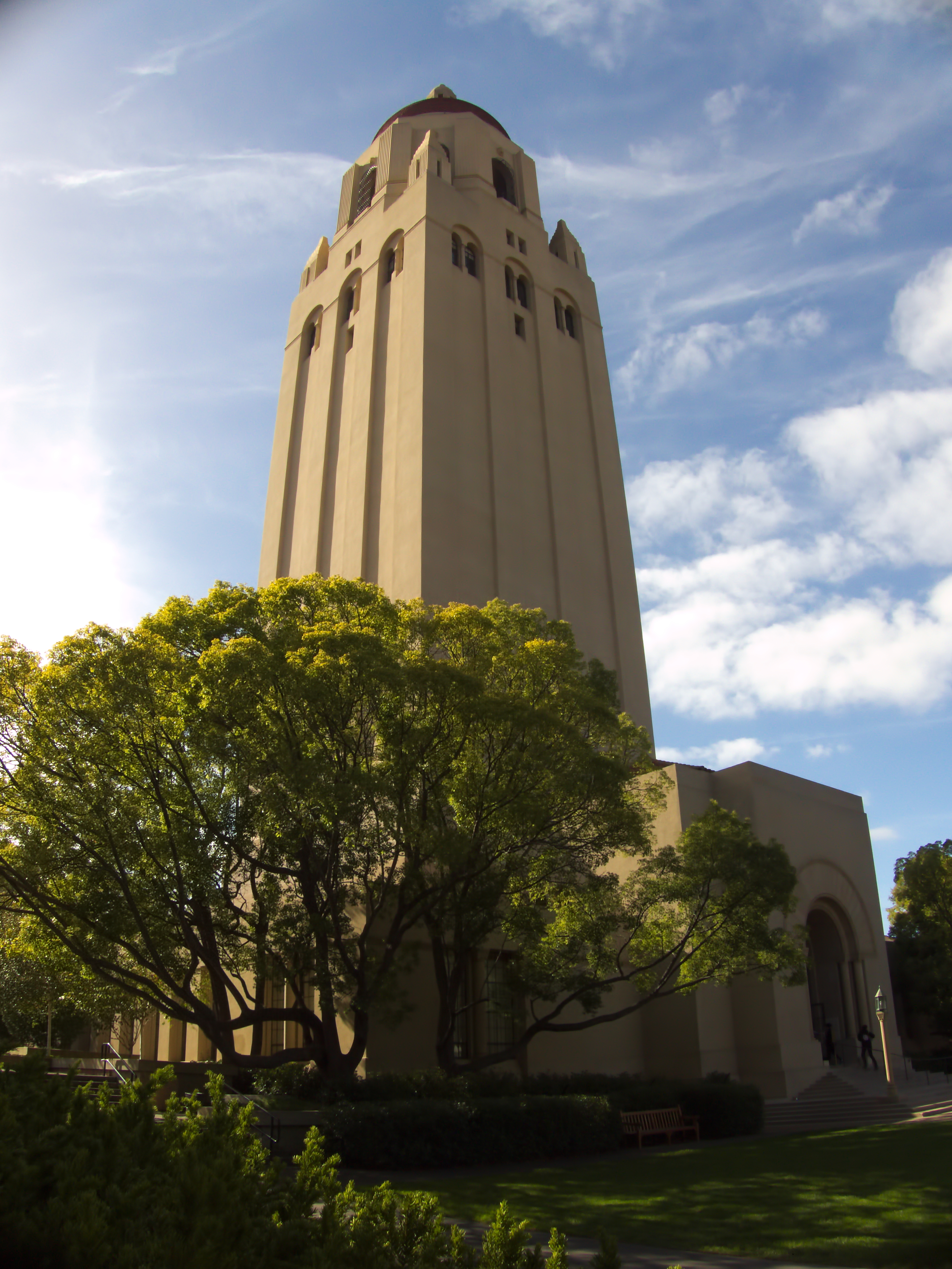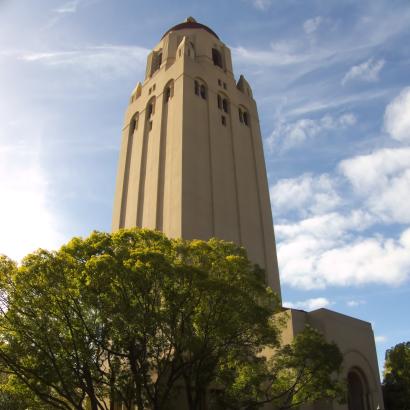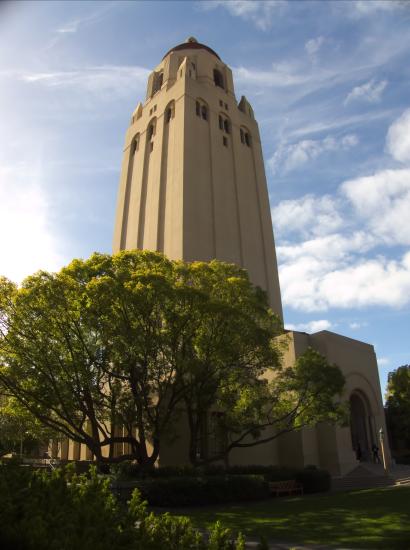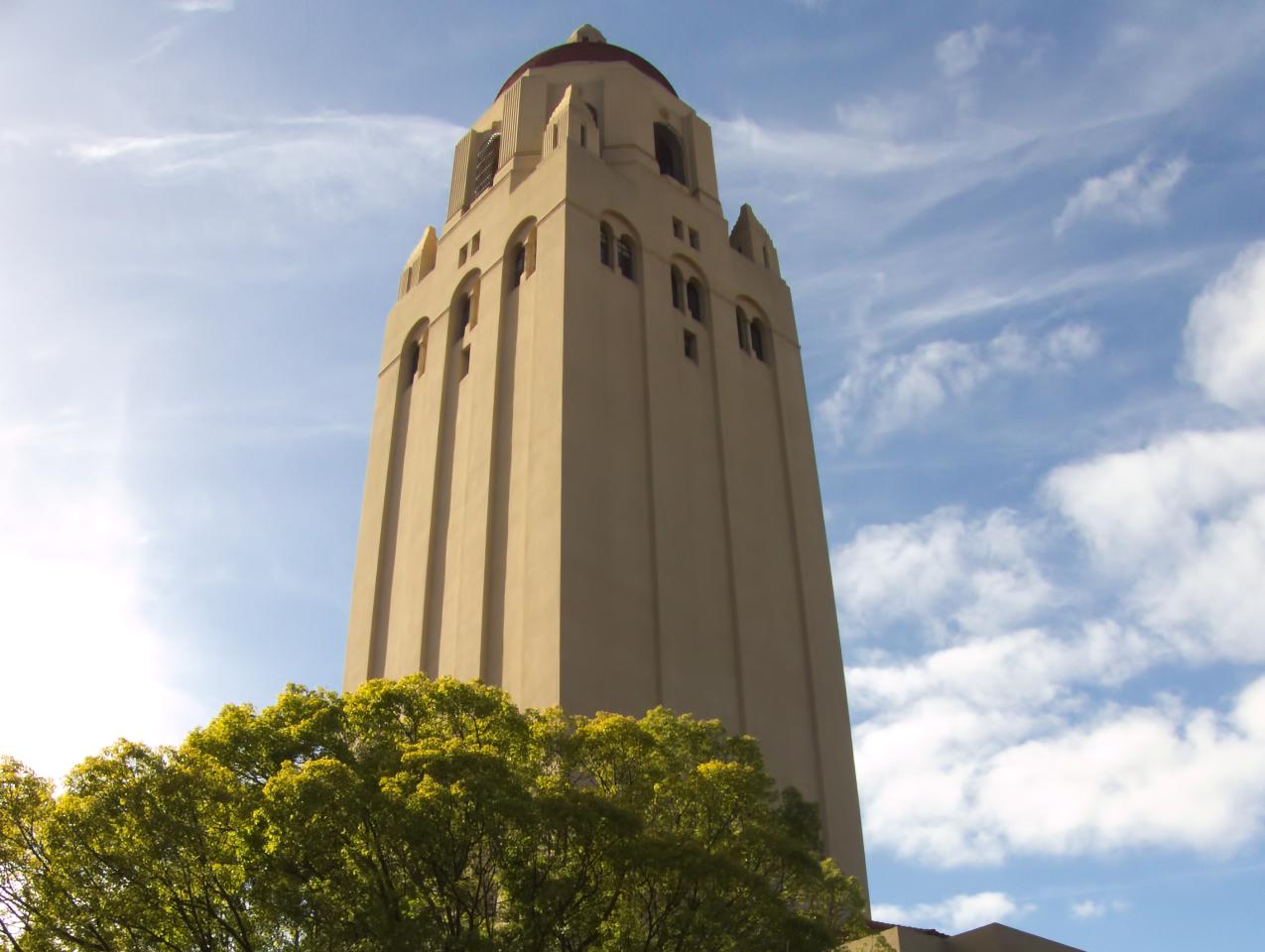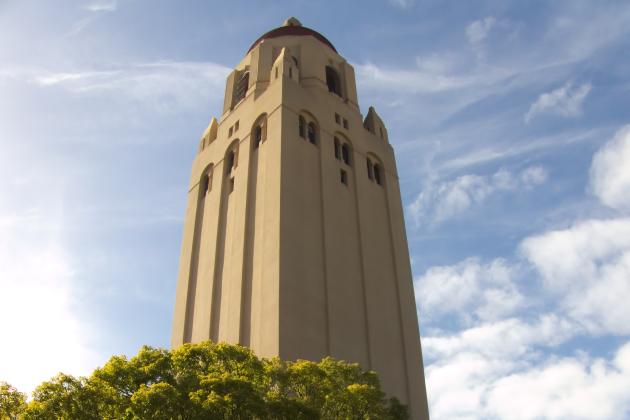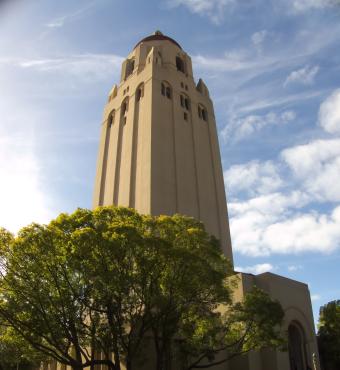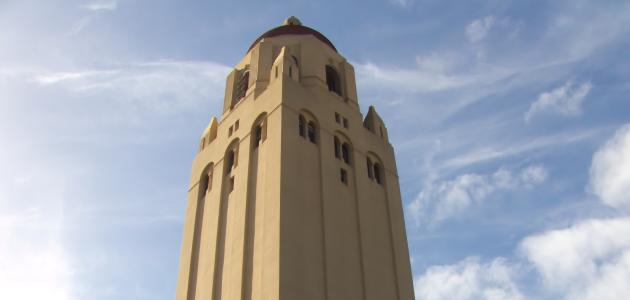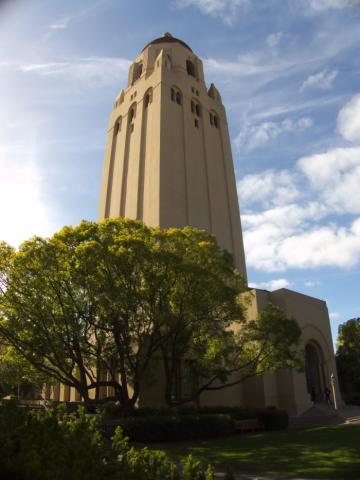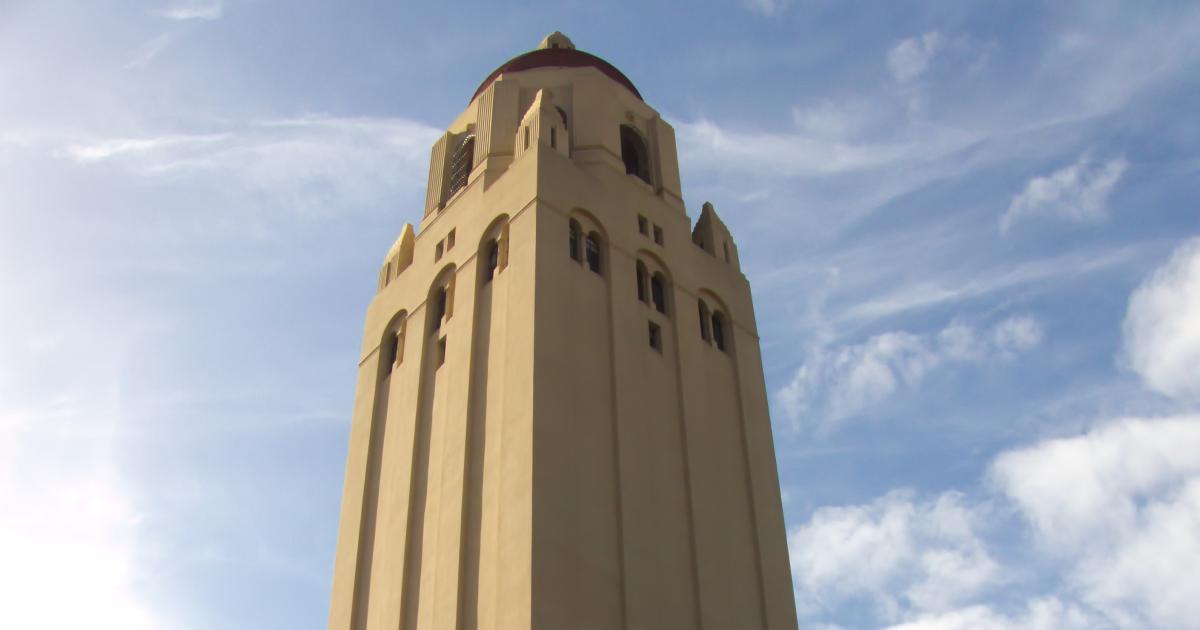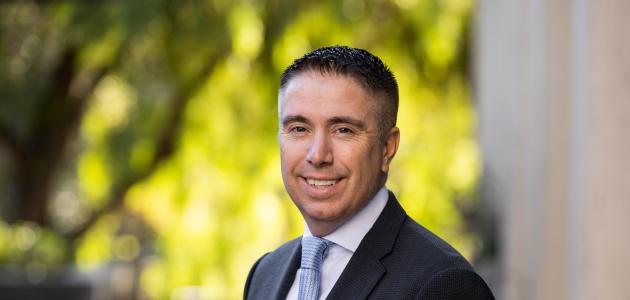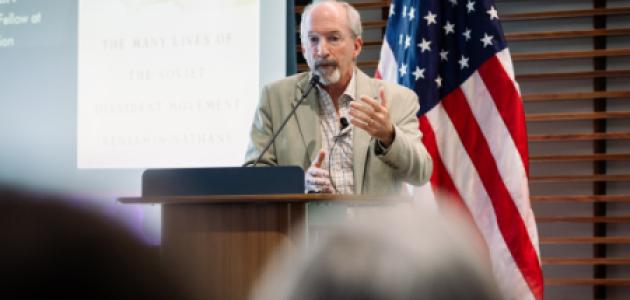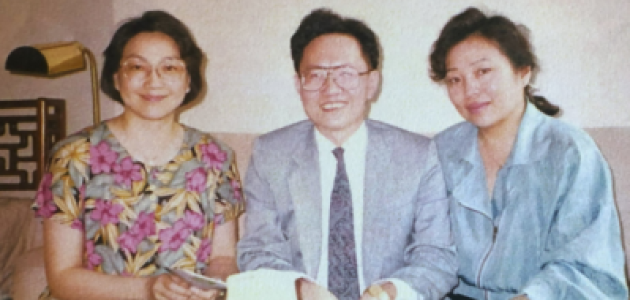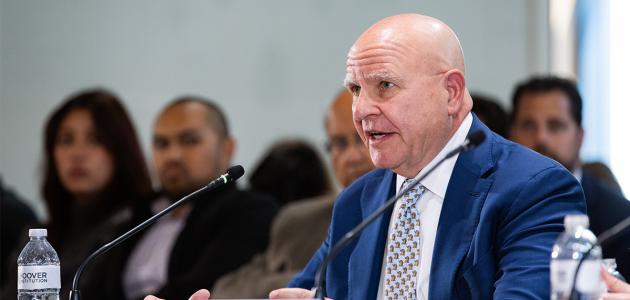Hoover Institution (Stanford, CA) – The Hoover Institution is pleased to welcome its 2023–24 class of the Robert and Marion Oster National Security Affairs Fellowship Program.
The distinguished group includes ten fellows who are high-ranking officers representing US military branches, the US Foreign Service, the Federal Bureau of Investigation (FBI), and the Central Intelligence Agency (CIA). They have each taken a sabbatical from their operational duties to spend their academic year at Hoover and pursue independent research.
The program offers these national security professionals the valuable opportunity to engage with Hoover’s fellowship and scholars across the Stanford campus, as well as audit classes, attend seminars, and participate in workshops, roundtables, and other events with policy experts and government officials. In addition, National Security Affairs Fellows (NSAFs) can develop lasting professional networks and personal relationships with Hoover fellows, Stanford University scholars, and Silicon Valley industry leaders.
These unique resources afford the officers an environment that allows them to gain an interdisciplinary perspective about public policy and think strategically about America’s national security challenges.
In addition to conducting research, the NSAFs are also expected to provide mentorship to three or four of Stanford University’s top undergraduate students who are interested in international policy and security studies. For NSAFs, their mentorship offers a way to engage in life at Stanford University. For students, it’s the chance of a lifetime to receive leadership training from professionals at the top of their field. Students also have the opportunity to collaborate with NSAFs on designing a ten-week lecture series and organizing an “alternative spring break” at military bases and political offices in Washington, DC, in order to achieve a better understanding of civil-military relations.
The National Security Affairs Fellowship Program, directed by Morris Arnold and Nona Jean Cox Senior Fellow Amy Zegart, began in 1969 and has more than two hundred distinguished alumni, including H.R. McMaster (US Army, ret.), Fouad and Michelle Ajami Senior Fellow and the former White House national security advisor; John Abizaid (US Army, ret.), former commander of US Central Command and former US ambassador to Saudi Arabia; John Negroponte (US State Department), former US ambassador to the United Nations and former director of national intelligence; and former US representative Chris Gibson (US Army, ret.).
Below are biographies of members of the 2023–24 class:
Commander K. R. Reinhold (US Coast Guard) is an MH-65R Dolphin helicopter pilot who has conducted search-and-rescue, counter-drug, and airspace intercept operations across the Western Hemisphere throughout his twenty-year career. Commander Reinhold recently served as the chief of operations for Helicopter Interdiction Tactical Squadron (HITRON) in Jacksonville, Florida. His other operational assignments include tours in Puerto Rico, South Florida, and New Jersey. He has also served as press assistant to the 26th US Coast Guard Commandant and the Coast Guard’s deputy liaison to the US House of Representatives.
Colonel Patrick Biggs (US Army) has professional expertise in the areas of East Asia, security cooperation, military engineering, and army operations and training. Colonel Biggs’s assignments have included as platoon leader, company commander, and brigade engineer, Third Brigade, Second Infantry Division; brigade engineer observer coach and trainer and live fire operations observer coach and trainer; battalion executive officer, Third Brigade, First Infantry Division; command engineer, Combined Joint Operations Command–Jordan; joint engineer planner, US Forces Korea; direct commission officer, 130th Engineer Brigade, and commander, 65th Brigade Engineer Battalion; and task force senior trainer, Operations Group. His operational deployments include three deployments for Operation Iraqi Freedom and one for Operation Inherent Resolve.
David Arulanantham (US Foreign Service) has spent most of his eighteen-year career working on US policy toward countries in the Indo-Pacific region. In India, he managed coverage of national security and counterterrorism issues and on a separate assignment headed the office looking at that country’s domestic politics. Arulanantham has led teams implementing foreign assistance in Asia, served as a foreign policy advisor to the commander of US Indo-Pacific Command, and worked on Southeast Asia issues during the early years of the Obama administration’s “rebalance to Asia” policy. He also served as deputy counselor for political-military affairs in Riyadh, where his team reported on the progress of the war in Yemen.
Lieutenant Commander Bradley Hoffman (US Navy) has worked in the areas of intelligence, information warfare, and submarine warfare. He has been deployed to the Western Pacific and Indian Oceans, Qatar, and the Arabian Gulf. In his most recent assignment, Lieutenant Commander Hoffman served for nearly three years as Chief of Plans in the Directorate of Intelligence on the staff of Commander, US Pacific Fleet. During his time at the Pacific Fleet Headquarters, he achieved designation as a member of the Navy’s Space and Indo-Pacific cadres.
Lieutenant Colonel Alphanso “Fonz” Adams (US Air Force) is a career cyberspace operations officer with experience in network operations and cybersecurity, both in garrison and in deployments. He has served in various communications and cyberspace squadrons, Air Force Special Operations Command, the Department of the Air Force Rapid Capability Office, and US Southern Command’s Joint Task Force–Bravo. Lieutenant Colonel Adams was also the military liaison for US Senator Bill Nelson of Florida during the 115th Congress. His latest assignment was as the commander of the Air Force’s 561st Network Operations Squadron.
Lieutenant Colonel Matthew Lintker (US Space Force) is a space operations officer with a background in military and intelligence community operations, having deployed and served in US Space Command, in the National Reconnaissance Office, and on the Department of the Air Force staff. Most recently, he commanded the US Space Force’s premier space domain awareness squadron responsible for the continuous tracking and characterization of more than 45,000 man-made objects in space. In that role, Lieutenant Colonel Lintker also executed US Space Command’s Space Situational Awareness agreements, aimed at providing data to over 170 partners in the commercial sector, academia, and foreign and intergovernmental agencies.
Lieutenant Colonel Vinh Q. Nguyen (US Army) is an army enterprise marketing and behavioral economics officer. Initially commissioned to the Signal Corps, he served in various assignments in the United States, Europe, the Middle East, and the Indo-Pacific. Most recently, Lieutenant Colonel Nguyen commanded the 78th Signal Battalion at Camp Zama, Japan. He was responsible for delivering global joint network connectivity, providing strategic and expeditionary cyber support, and managing the Army information technology services throughout mainland Japan, Okinawa, and Guam.
Lieutenant Colonel Thomas Kulisz (US Marine Corps) served in a variety of command and support roles throughout his eighteen-year career as an intelligence officer, ranging from leading counterintelligence and human intelligence teams to supporting special operations and building key partnerships with countries throughout Europe and the Indo-Pacific region. Most recently, he served as commanding officer of the First Intelligence Battalion, based in Camp Pendleton, California.
Special Agent Nicholas Shenkin (FBI) works in the bureau’s Counterintelligence Task Force, managing its emerging technology and venture capital portfolio. At the FBI, he has also served as national security legal counsel; managed all Committee on Foreign Investment in the United States (CFIUS) investigations west of the Mississippi River; directed the Strategic Technology Task Force; and led the team that wrote the Delta Protocol, the FBI’s security protocol for IP-rich companies.
Samuel “Sam” Townsend (CIA) has served in numerous roles in the CIA, focusing on technical collection and covert action operations. Most recently, he was the lead strategist for the CIA’s Directorate of Science and Technology where he advised senior leadership and developed strategic products for the CIA, intelligence community, executive oversight, and Congressional oversight audiences.







